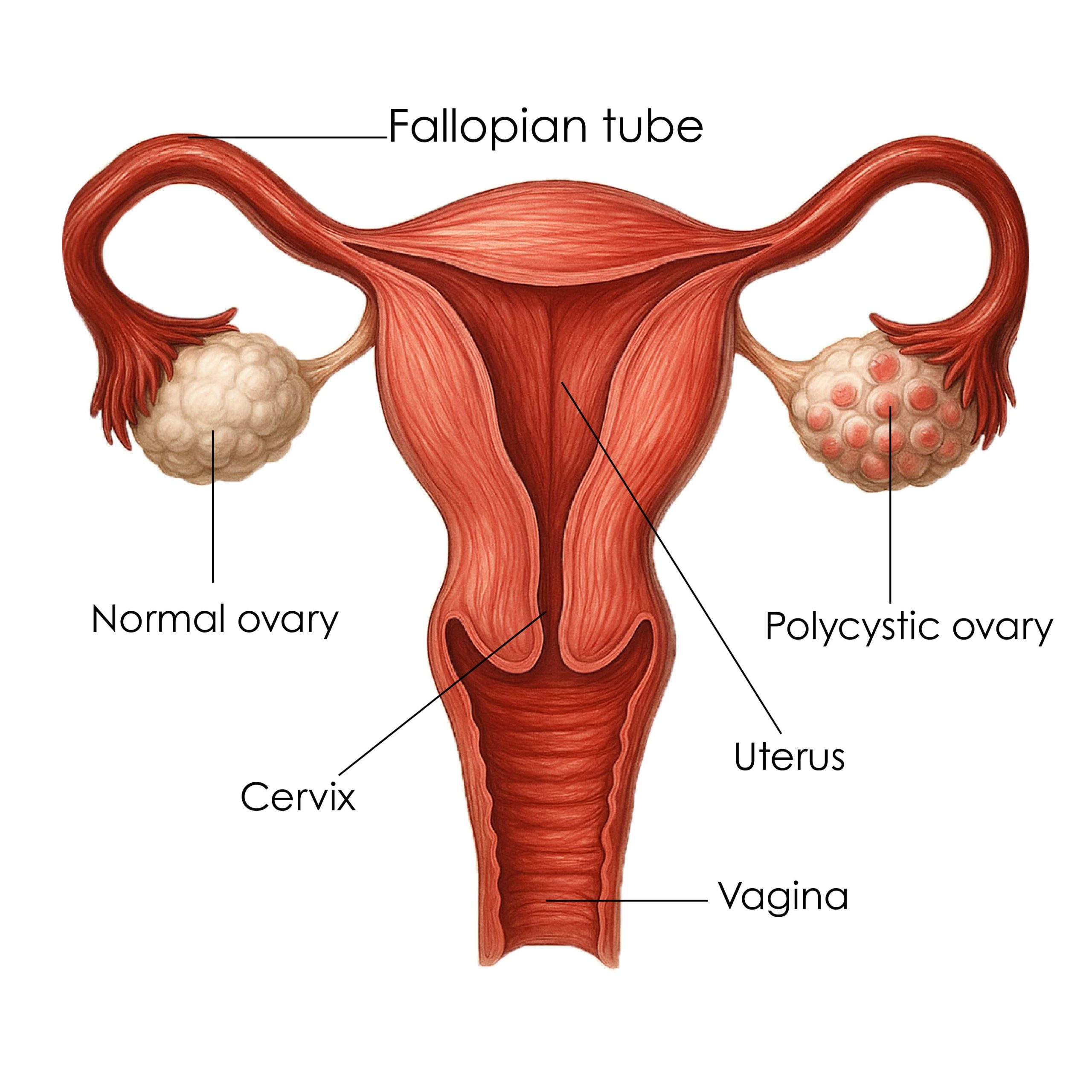Lifestyle Modifications
Weight management and regular exercise improve insulin sensitivity and hormone balance.
Dietary adjustments help regulate blood sugar and reduce PCOS symptoms.
Medications for Ovulation Induction
Clomiphene Citrate (Clomid)
Stimulates ovulation by influencing hormonal signals.
Letrozole
An alternative to Clomid, effective for inducing ovulation.
Metformin
Improves insulin sensitivity and promotes ovulation in women with insulin resistance.
Gonadotropins
Injectable hormones used to stimulate egg development when oral medications are insufficient.
Managing Symptoms
Hormonal birth control for regulating periods and reducing androgen-related symptoms like acne and excess hair.
Medications and cosmetic treatments for hirsutism and hair loss

